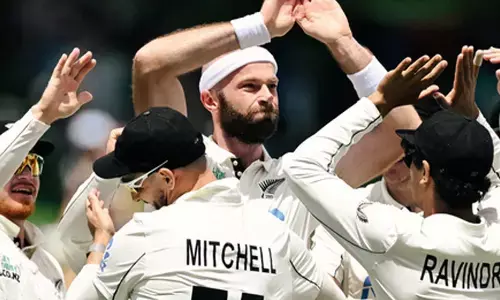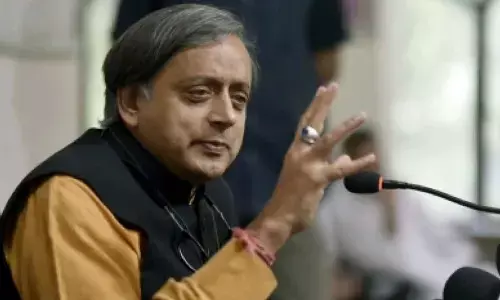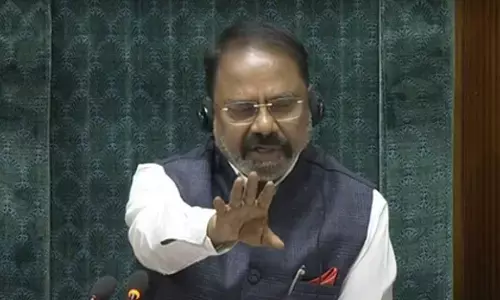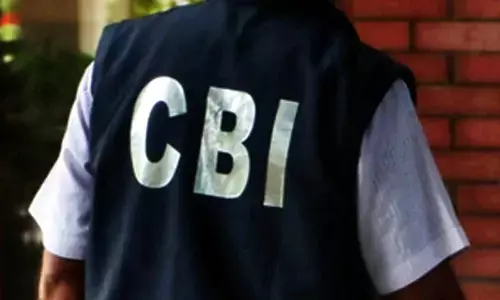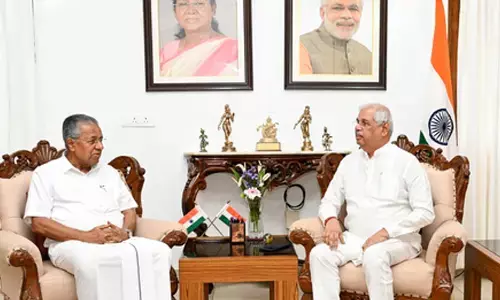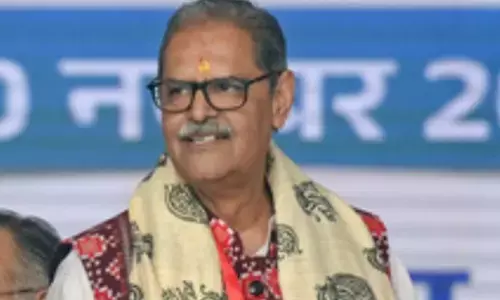Lanka crisis: Prime Minister Mahinda Rajapaksa may offer resignation today
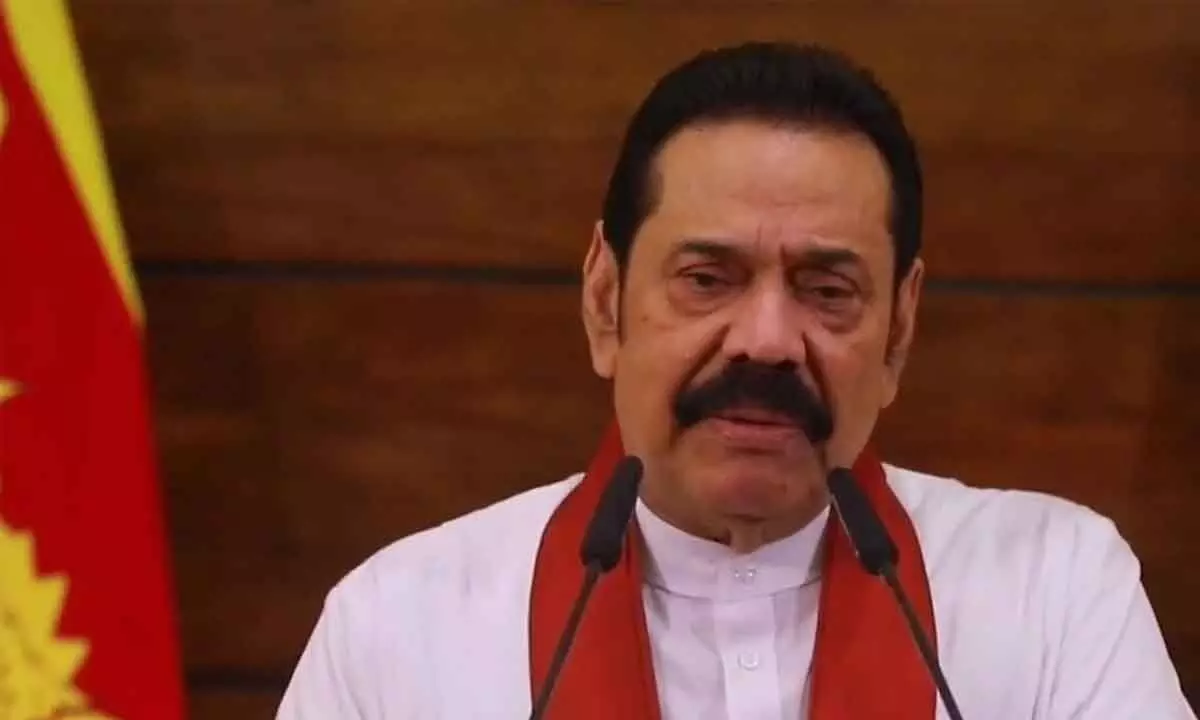
Prime Minister Mahinda Rajapaksa
Prime Minister Mahinda Rajapaksa may offer to stand down as the prime minister on Monday
Prime Minister Mahinda Rajapaksa may offer to stand down as the prime minister on Monday, political sources said, as pressure mounts on the embattled government led by his younger brother and President Gotabaya Rajapaksa to form an interim administration to overcome the worst economic crisis facing the country.
Rajapaksa, 76, under intense pressure from within his own Sri Lanka Podujana Peramuna (SLPP) ranks to resign was gathering his supporters to apply counterpressure not to stand down.
His younger brother, President Gotabaya Rajapaksa, though wanting his resignation had not directly conveyed his wish. The President wants his resignation enabling him to go for a government of national unity, an interim arrangement till the present economic crisis could be dealt with, sources said.
"He may not offer direct resignation,'' Dayasiri Jayasekera, a ruling coalition dissident told PTI.
"What I feel is he would say I have no responsibility for the present crisis, so no reasons for me to resign,'' Jayasekera said, adding that he would put the ball on Gotabaya Rajapaksa's court as if to say sack me if you want.
Despite mounting pressure, Gotabaya, 72, and Prime Minister Mahinda have refused to quit office.
Mahinda Rajapaksa, the Rajapaksa clan strongman, faced public wrath on Sunday in the sacred city of Anuradhapura. He was hooted and catcalled by the angry public who are on the streets demanding fuel, cooking gas and an end to power cuts.
The protesters want the entire Rajapaksa family to quit politics and return what they alleged stolen assets of the country.
The powerful Buddhist Clergy too had pressured the resignation of the prime minister and the Cabinet to pave the way for an interim government.
On Sunday, Sri Lanka's main Opposition SJB said that it has rejected an offer by embattled President Gotabaya to its leader Sajith Premadasa to head an interim government, amid continued political uncertainty in the country which is now under a state of emergency.
Jayasekera said the dissident group's 11 party alliance would hold further talks on Monday on ways to end the crisis.
He was hopeful of the interim government formation should Mahinda Rajapaksa resign.
The public protests gain momentum every day as petrol and gas queues get longer. The prospect of extending the current number of hours for power cuts is also looming. On Sunday, extensive talks were held in the initiative by the lawyers' body, Bar Association of Sri Lanka (BASL). They advocate a unity government limited to a cabinet of 15 members for a period of 18 months during which a plethora of constitutional reforms is to take place.
In a special Cabinet meeting on Friday, President Rajapaksa declared a state of emergency with effect from Friday midnight. This is the second emergency declared in just over a month.
The economic crisis is caused in part by a lack of foreign currency, which has meant that the country cannot afford to pay for imports of staple foods and fuel, leading to acute shortages and very high prices.
Thousands of demonstrators have hit the streets across Sri Lanka since April 9, as the government ran out of money for vital imports; prices of essential commodities have skyrocketed and there are acute shortages in fuel, medicines, and electricity supply.










